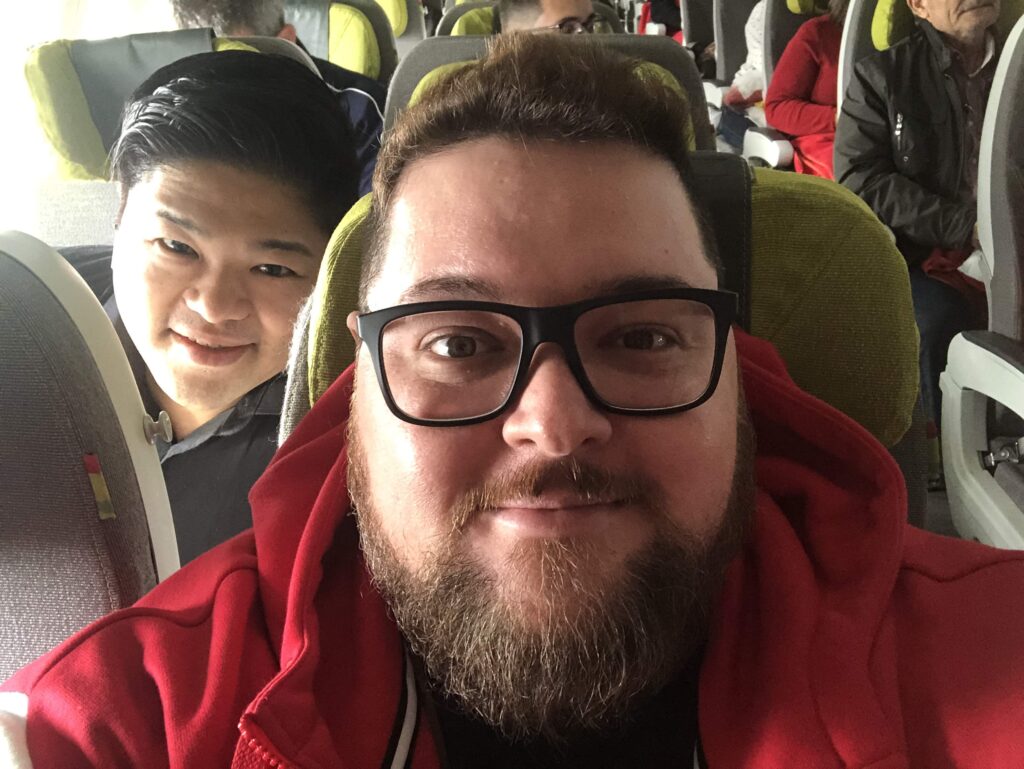
Digital Nomad With my Cat
A nomad since my teenage years
My name is Paulo Montenegro, I’m a 35-year-old Brazilian, and I love to say that “I have no roots”. This is something I started to think about around the age of 10 or 12, while I was still in school. Because I’m gay, I was not well accepted by my classmates, had to endure some bullying, and was often excluded from social events. I didn’t have many friends, so every couple of years I would ask my mom to move me to another school, hoping to find maybe a better experience, longer-lasting relationships, maybe a place that would make me feel more accepted and comfortable.
The experience of always wanting to move continued into my early adult life (or should I say late teen years?). During college, after my first year of study (in a course that was only supposed to last four years), I ended up moving to another college, yup, that’s right, after the first 12 months – because it was not what I wanted. At the new college, I attended all the rest of the classes and graduated.
International job experience
But before my graduation, I took a quick break from college (4 months) and moved to the U.S., since my college had this partnership program with Disney World to send people over to Orlando in order to work at the parks. That was my first working experience ever, and I started big since Disney was my first employer.
My nomad spirit kept whispering in my ear that I should keep going, and the same behavior was repeated in my first job as soon as I graduated, back in Brazil, where after the first 30 days I decided to quit. In the second job, which only came like 2 years later, I only spent three months and was let go (On account of not fitting into the required routine, I believe).
Everything started to change in 2015 when I got my first remote job. In those pre-pandemic days, working remotely was almost an affront to society, and was not well regarded. I lost count of the times I heard my mother telling me to “go find a real job in an office.” But I didn’t want to. I was happy working from home, mainly because I could make my schedule, work from wherever I wanted, and maybe even move to another country. Since my 17s I’ve been moving around. Changed cities (Mossoró > Fortaleza > Natal) and finally, in 2019, I had the “Courage to Change” (just like the Sia song says) and decided to move to another country, but I’ll get back to that later.
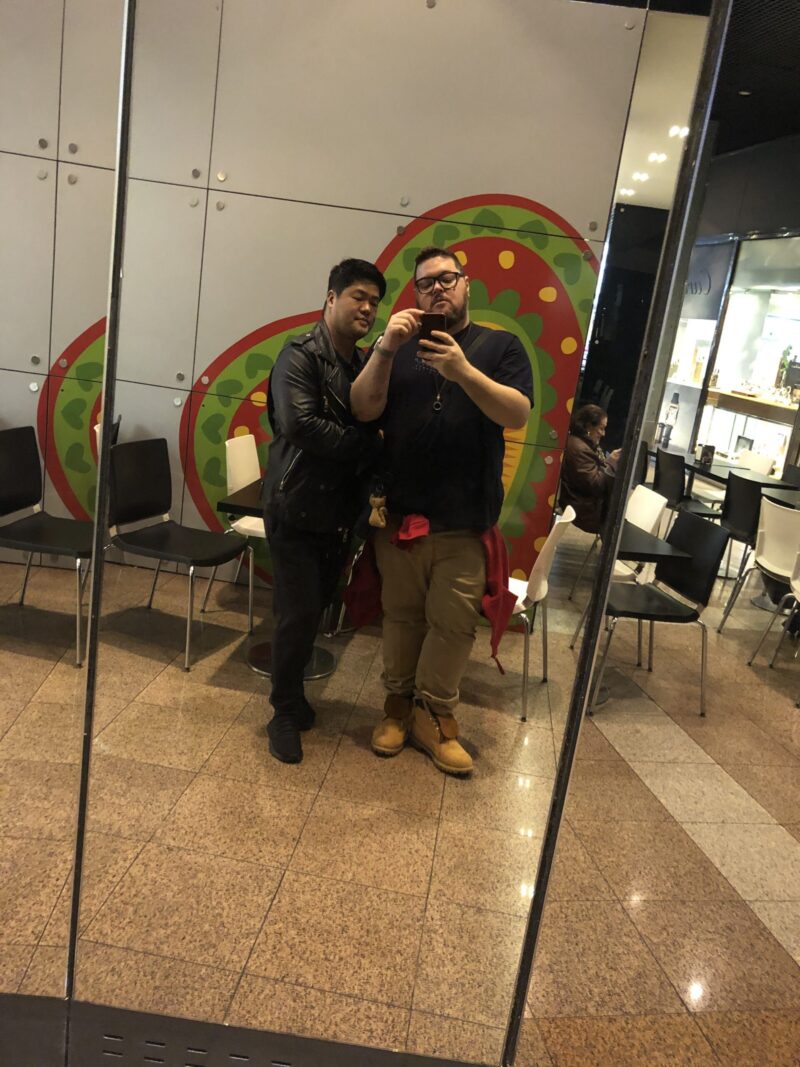
Finding my travel partner
Fast forward a bit, and after my graduation party in 2009, one year later (in 2010) I met the love of my life, Rafael. I found him on Facebook and we started talking about random things, and it just clicked. He also considered himself to be a nomad, so it was just perfect for me. We started preparing ourselves to live together, developing the idea, and in 2014 he moved to Fortaleza (Ceará, northeast of Brazil), where I was living the time.
Being of Japanese descent made him stand out a lot among everyone where we were living, and he started to experience microaggressions every day until we couldn’t take it anymore. He was physically assaulted on a bus, by some random guy telling him to “go back to his country”. That was the last straw for us. After that incident, we started planning to move.
His working contract was about to end so we decided to move to another city, this time, Natal, which is around 7 hours away from Fortaleza by car. We hopped into my car, packed all of the essentials, and left. It was a Sunday morning, February of 2016.
Packing and technical preparations
Packing was very easy since we pretty much only grabbed our garments, shoes, our computers because they were essential for work, and our beloved cat Momo, that Rafael brought with him when he moved to Fortaleza back in 2014. We filled my car (a Ford Fiesta 2014 model) with everything we could and hit the road.
As for the new location, we were lucky because my sister’s mother-in-law had a tiny apartment in the city and she allowed us to rent it for R$ 800 per month. We accepted the offer, of course, since it would be tricky to look for another one, sign contracts, and all of the other things involved. We arrived there, unpacked, and there we were, in our new place.
Fast forward two months and, great news, Rafael got a job and, guess what, a remote job! He only needed to take care of some social media accounts for some clients, and hey, that can be done from pretty much anywhere, right? Another step towards a “no roots” kind of life. So far, in Brazil, we had a cost of living around: R$4.330
- Rent – R$ 600 + R$ 200 of condo taxes (R$ 800)
- Light – R$ 450
- Water/gas – included in the condo taxes
- Internet + cellphone – R$ 450
- Healthcare – R$ 1650 + R$ 980
Moving to Portugal
In 2017 Rafael managed to sign a contract with a bigger client, and he started earning at least double what he was making before. Because of that, we thought about moving to another country. In 2018, after Jair Bolsonaro (the current president of Brazil) was elected, our plans involving leaving the country started to materialize out of fear since the new president made his anti-LGBT thoughts very clear.
We planned a trip to Lisbon, Portugal, in 2018 to spend our Christmas and New Year’s eve and to get to know a bit more about the place. We spent 15 days, and both of us felt safe. That was when we decided that we would move there in 2019.
As soon as we were back from this trip, we started saving money, selling what we didn’t need to take with us, and in October we got our flight tickets (for me, Rafael, and Momo, around R$ 8.000 all three combined) and also rented two different AirBNB places so that we would have enough time to look for a long term rental.
Initial costs and traveling abroad with a pet
Because we have a cat, we had to microchip her, since it’s a law in Europe that every foreign pet entering the territory must have a microchip. The process had cost us R$120 plus she needed some exams for the paperwork needed at the airport. Those exams (R$ 114) take up to 90 days to get ready, so if you’re planning to move to another country and bring your pet with you, you better start preparing everything at least three months in advance.
We also needed to buy her a flexible carrying cage, one that can fit under the airplane seats, since this was a requirement for her to travel with us inside the cabin. Otherwise, she would have to travel in another space, probably with the luggage.
So, as initial costs for moving, we have plane tickets + 2 AirBNB rentals (15 + 30 days): R$ 8.000 + R$ 2.804,61 + R$ 4.497 = R$ 15.000 + Momo’s exams and microchip = R$ 15.134. Lucky us that it didn’t take too long to find a good place to rent for the long term, so, in January 2020 we moved to a new apartment with 2 rooms, and1 bathroom for a monthly rent of 850 €.
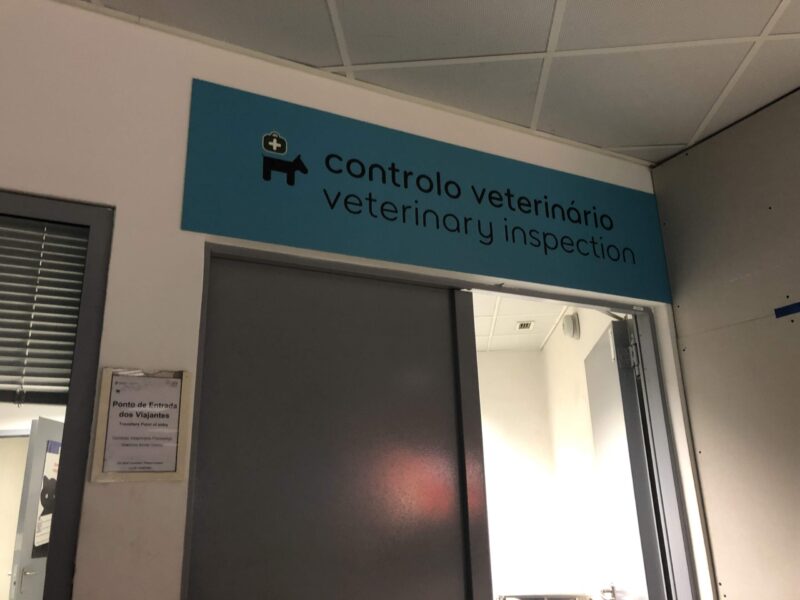
Work-Family Balance
Since we have no kids, and we both work from home, we pretty much just have to focus on balancing work and house chores every day. That’s one of the biggest perks of being able to work remotely, but because we are freelancers we have to be smart about the work we accept.
There are always people needing other people to do other jobs, but in times like the ones we are going through, we have to consider the value of our working hours because every minute is extremely important.
We also cannot forget about leisure time. For that, a quick walk, streaming services, light gaming, and some playing with the pet time usually does the trick. Many people may end up not even thinking about that, but be mindful about your mental health, because it is as important as your physical health. They go together and one if good and the other is not, the final equation won’t be balanced.
Cost of Living
The great thing is that we met someone (another guy from Brazil, named Maicon) that was willing to share the place, so we split every bill into three parts and that makes it easier when it comes to finances.
But, just for reference, for a T2 apartment (one with two rooms and 1 restroom) with three people, we pay per month:
- Rent: 850 €
- Light/Gas: 108 €
- Water: 117 € (every 3 months)
- Cellphone + internet: 112 €
- Groceries – 35 € per week (per person)
Obstacles & Challenges
- Paperwork
The first big challenge being a foreigner here in Lisbon is to get your paperwork done and have all of the documents ready. The first is NIF (Número de Identificação Fiscal), one of the most important ones since you need it to open a bank account, and because you need a bank account to rent an apartment/house, it’s pretty much your first step here.
The thing is, you can’t just go and get one. You need to know someone that is already a citizen, either a native Portuguese or a foreigner that already has his or her resident permit. They can sign as your fiscal representative, so at Casa do Cidadão they can issue your foreigner’s NIF. Fortunately we knew someone, so it only took us around 40 minutes to get everything done, and we didn’t have to pay a thing. The first big challenge was overcome.
- M.I. and resident permit
Now for the second step we will need to talk about de resident permit. We arrived in Portugal on November 19th of 2019, and we managed to get all of the necessary paperwork in about 70 days. Many documents will require you to sort of “camp” outside the respective places where they are issued, like the NISS (Número de Identificação da Segurança Social), because they only issue a limited number per day and if you arrive too late, you’ll miss the chance so, it’s better to arrive in the early hours and prepare to face a huge line.
That being said, once you have all of the documents you can apply for a residence permit by doing what they call a M. I. (Manifestação de Interesse), which is grabbing all of of the documents you managed to get so far plus your bank account statements and uploading them at sapa.sef.pt, a portal where you can initiate the whole process, totally for free. Once your application process has been received, you have to schedule a day for an interview in person, and that is what we are still waiting to do. The pandemic situation affected all deadlines, and we still have no clue about when we will undergo the interview.
- Working as a foreigner
Foreigners are not allowed to work here in Lisbon but if you have an M.I. opened, you can be hired with a working contract. But because this was something that was recently implemented (the laws change very fast here), not a lot of companies know about it, and once they ask you if you have your citizen card and you say “not yet”, prepare to see lots of doors being closed.
You may even have enough qualifications, however, if you don’t have a resident permit here you are unable to get working contracts – unless you are lucky and you find a company that understands the recent changes in the Portuguese laws. I lost count of how many interviews (not to brag, but really good ones) I had to go through just to hear the same thing over and over again.
I am still working as a journalist for the same website in Brazil, but because of the volatility of the Brazilian currency, I had to look for something that could pay me in Euros. I managed to find a remote job in Italy where I do marketing research calls during the evening. Rafael just started training for the same job. Too bad it’s an underpaid job, we make about 300€ a month (less than half of the minimum wage here), but they do that because they know that we foreigners don’t have a lot of choices. It’s either that or you won’t have any income at all.
- Renting a place
When you are trying to look for a long-term rental as a foreigner, people here in Lisbon will ask you for at least 4 rents paid in advance and a deposit guarantee, and we are already talking about a place where rent prices are not affordable at all. A simple tiny apartment here can go up to 950 € a month depending on where it is located. The prices are just surreal when you think about the less than 800 € minimum wages, and that’s why many people here end up either sharing or renting only a room in already occupied spaces.
How did the experience impact you and your family?
Now that we are living on a budget, we are more than ever very frugal and paying close attention to our expenses. A good thing here is that we have free healthcare, so we don’t have to pay crazy expensive healthcare plans like we used to back when we were living in Brazil.
Another thing also regarding the finances is that we are not using our credit cards as much as before. In Brazil, we have a very strong culture of buying things and paying them via installments, but here, there is no such thing. You only buy what you can pay for. They even have credit cards, but there are lots of fees so I didn’t think it was interesting, at least for now.
Adding the financial situation to the pandemic scenario, one thing that we have learned is that we need to focus on what matters now: buying food and having money to pay the rent and utility bills.
Recommendations for Digital Nomad Families
Save money: That’s the most important tip since you pretty much need money for anything. Focus on the essential expenses first, for example, get the mattress first and, when you have more money, you get the bed frame later. Or maybe you can even go for the inflatable ones since they are way cheaper.
Start looking for jobs before you come, or get a remote one: If you manage to get a job that pays you in Euros, it’ll be way easier for you to save money, so you can pay the rental fees in advance to support yourself and your family better.
Plan and research: unless you’re running away from something, you need to have a plan. Try to plan your move, if possible, go to the place where you want to live and stay a few days. Talk to people. Don’t be afraid to ask them for opinions, suggestions, and whatnot. Google is your best friend. YouTube has a lot of useful content that can help you prepare yourself better before moving to another place.
Be open-minded: moving to another city or even another country is a huge challenge, and many times you will need to “start from scratch”, so be open-minded about opportunities that you may encounter. If you get a career or a job that is new to you, you may end up enjoying it in the long term, you just have to give it a chance.
Best Family Memory
The best family memory I have is one that happened while we still were in Brazil. I was having a conversation with my cat (don’t tell me you guys never did that before with your pets, okay?), informing her that she would need to be brave because she will experience new things and situations that she hasn’t experienced before and especially dealing with people. A few months later, I realized that I was talking to myself.
Moving out of your comfort zone requires a lot of courage and strength. During these trying times, understanding yourself and your strengths and weaknesses is a huge advantage because it will help prepare yourself to better deal with upcoming unpredictable situations.
Wherever you are, I believe that you just need the people that are important to you to make yourself at home. Thanks to the internet, especially social media, many of your loved ones are easily accessible just with a tap or a click, so use that to your advantage because having a support system is essential to your mental health.

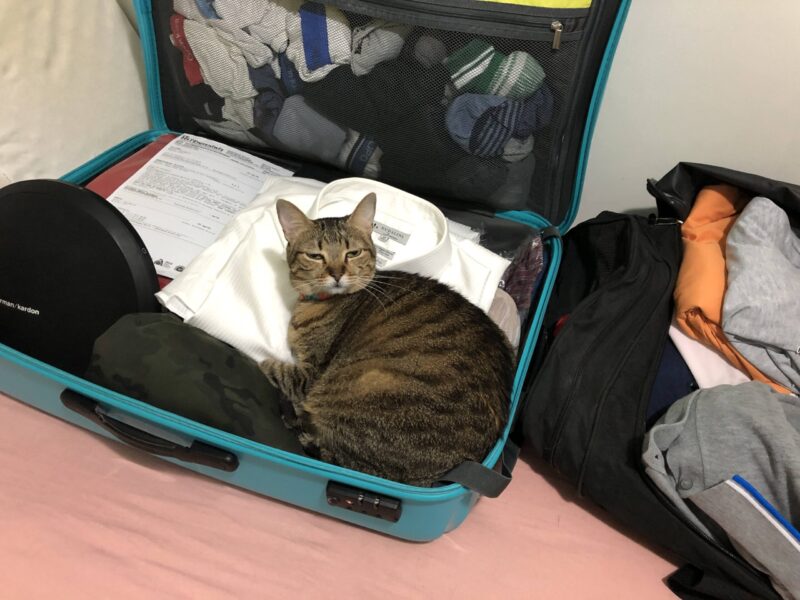
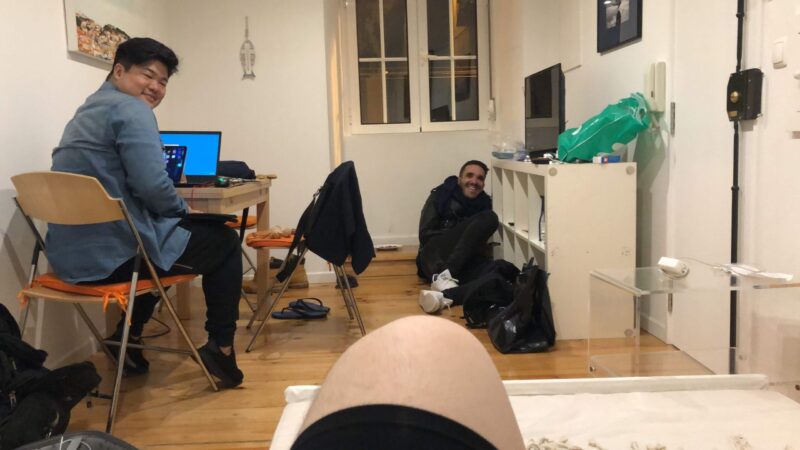
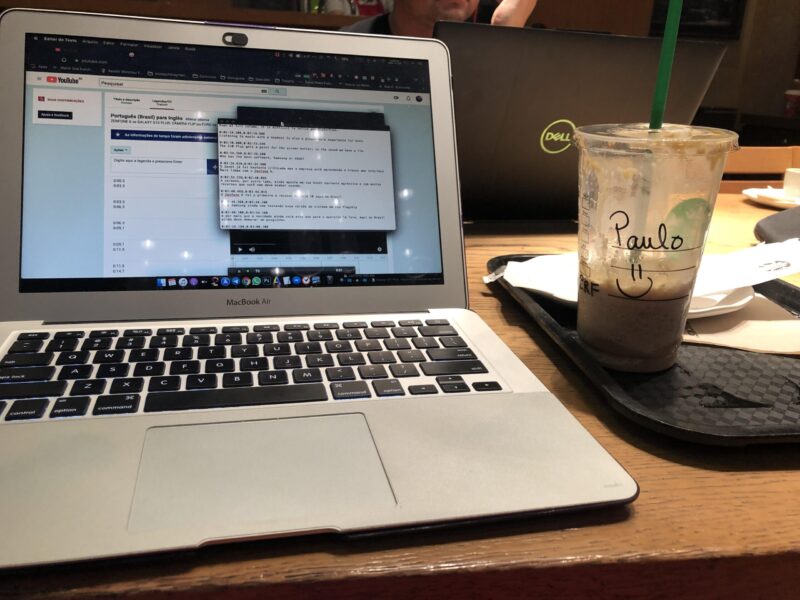
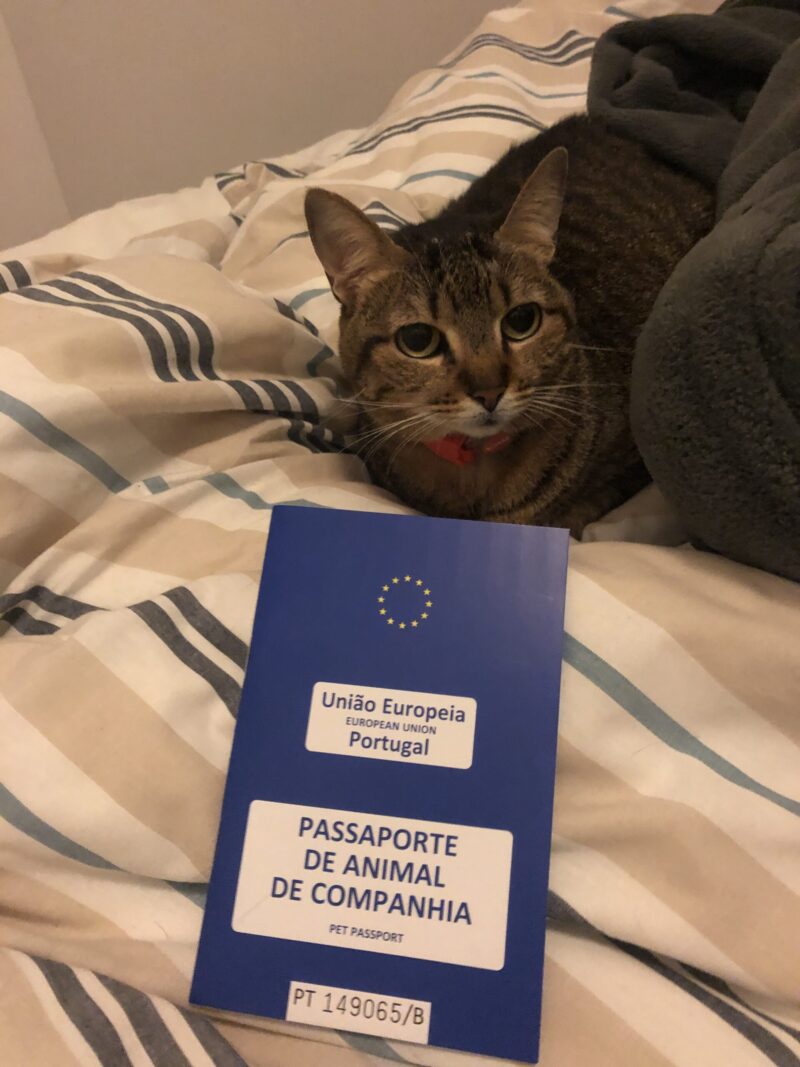
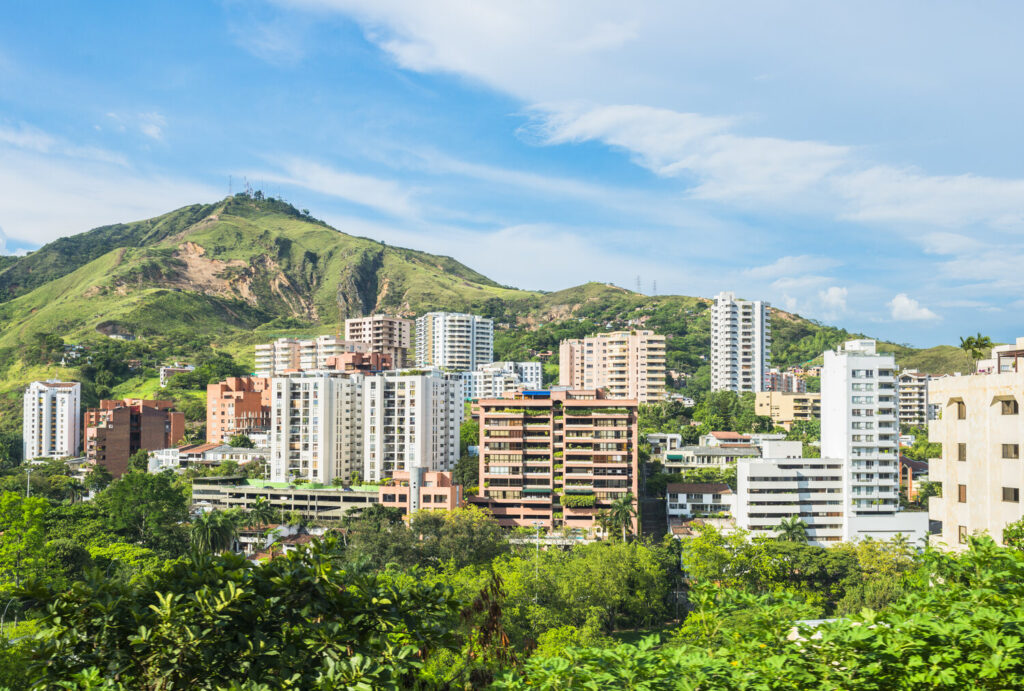
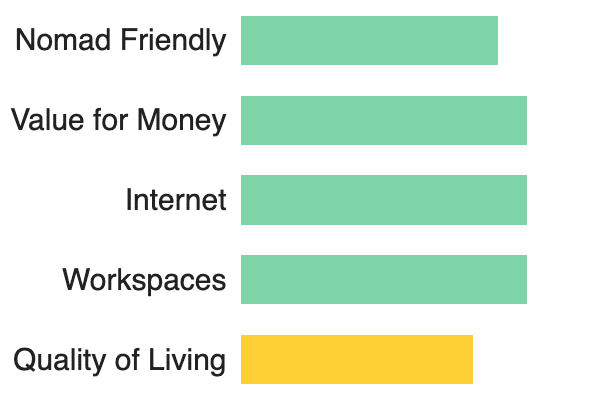
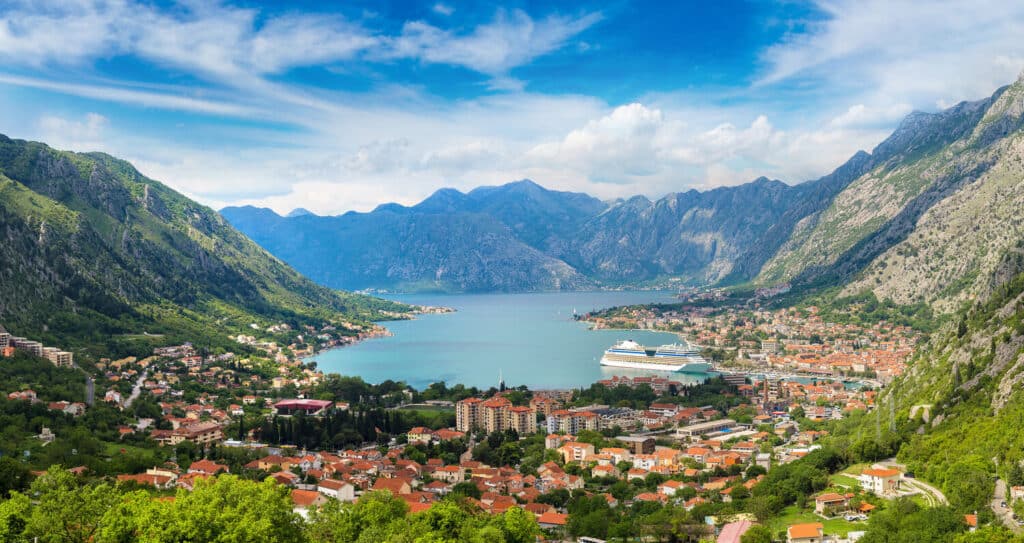
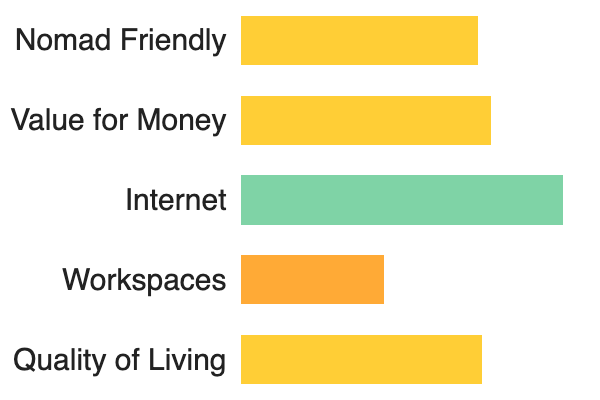
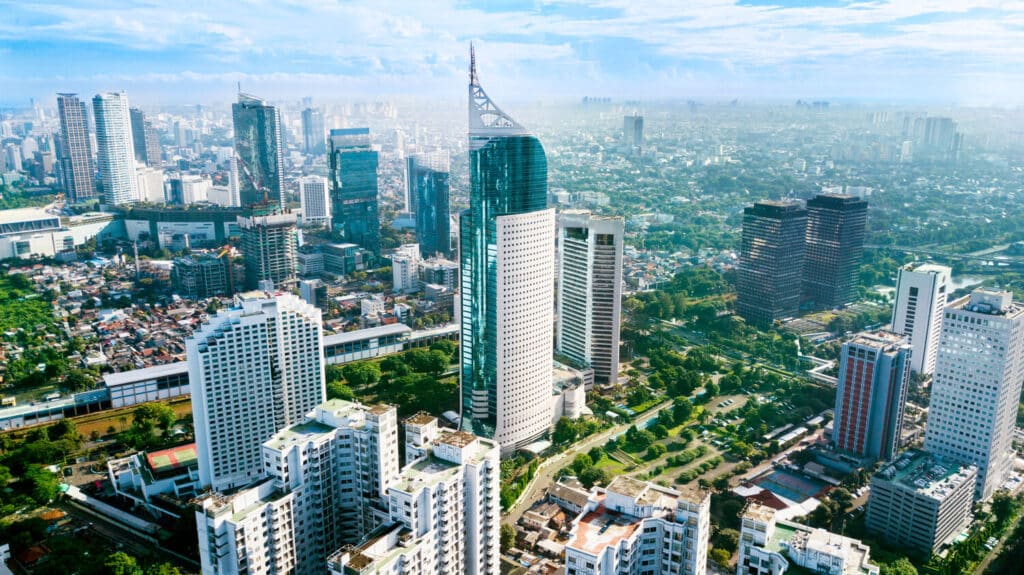
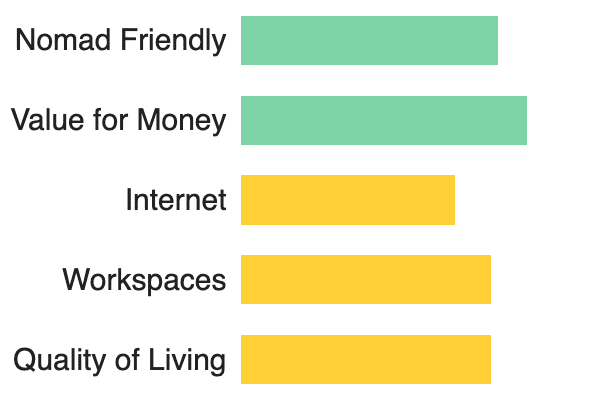
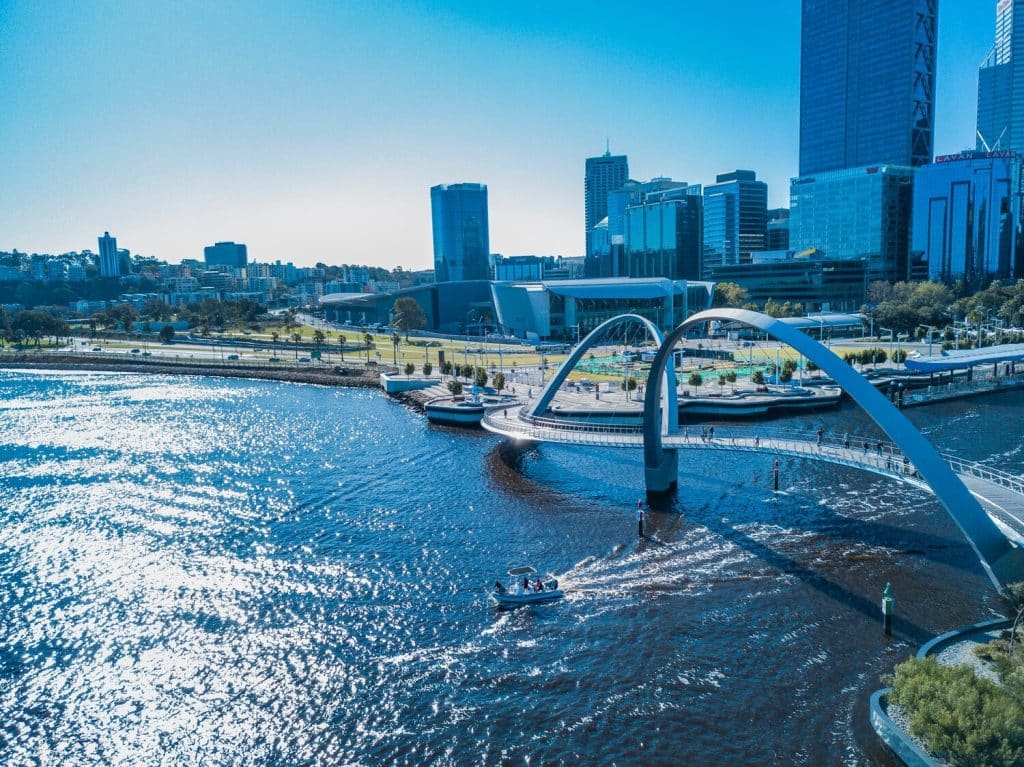
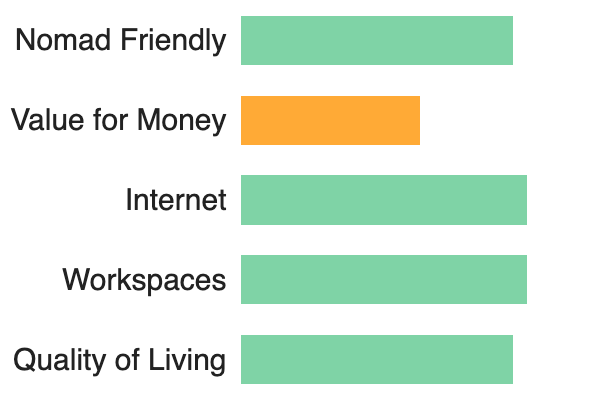
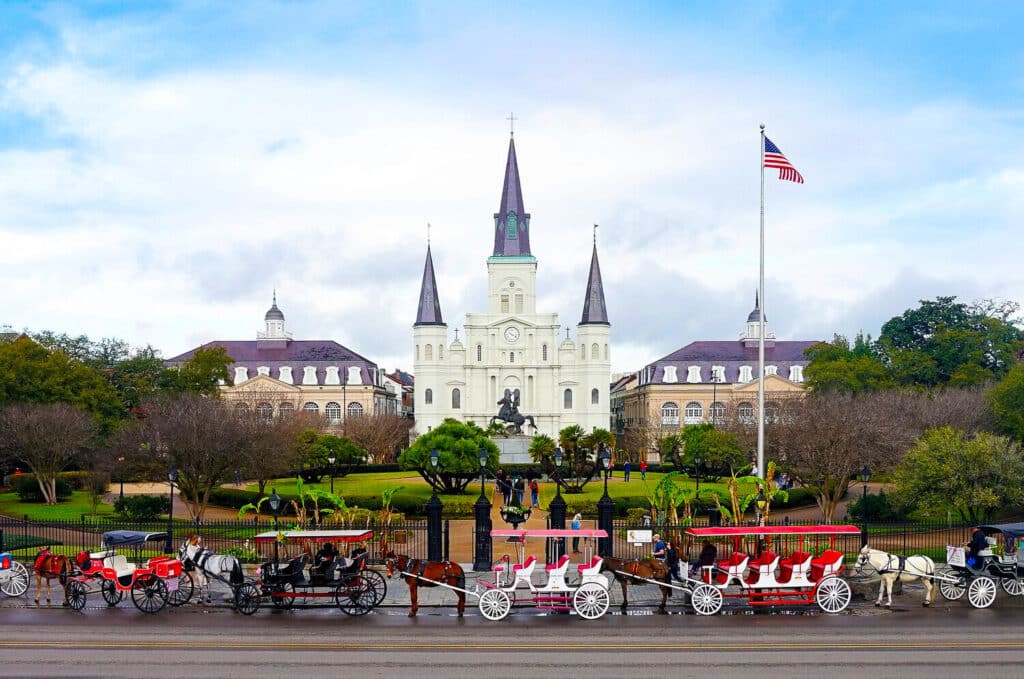
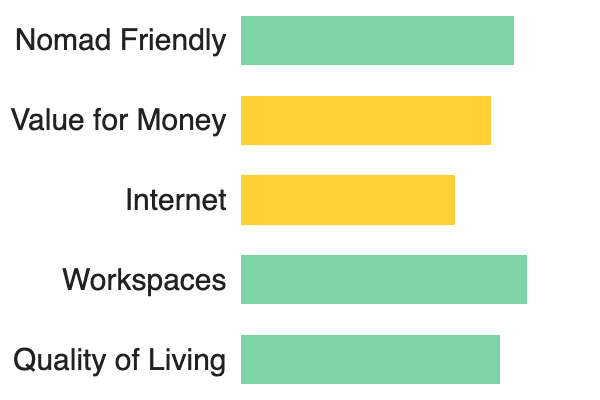

Responses